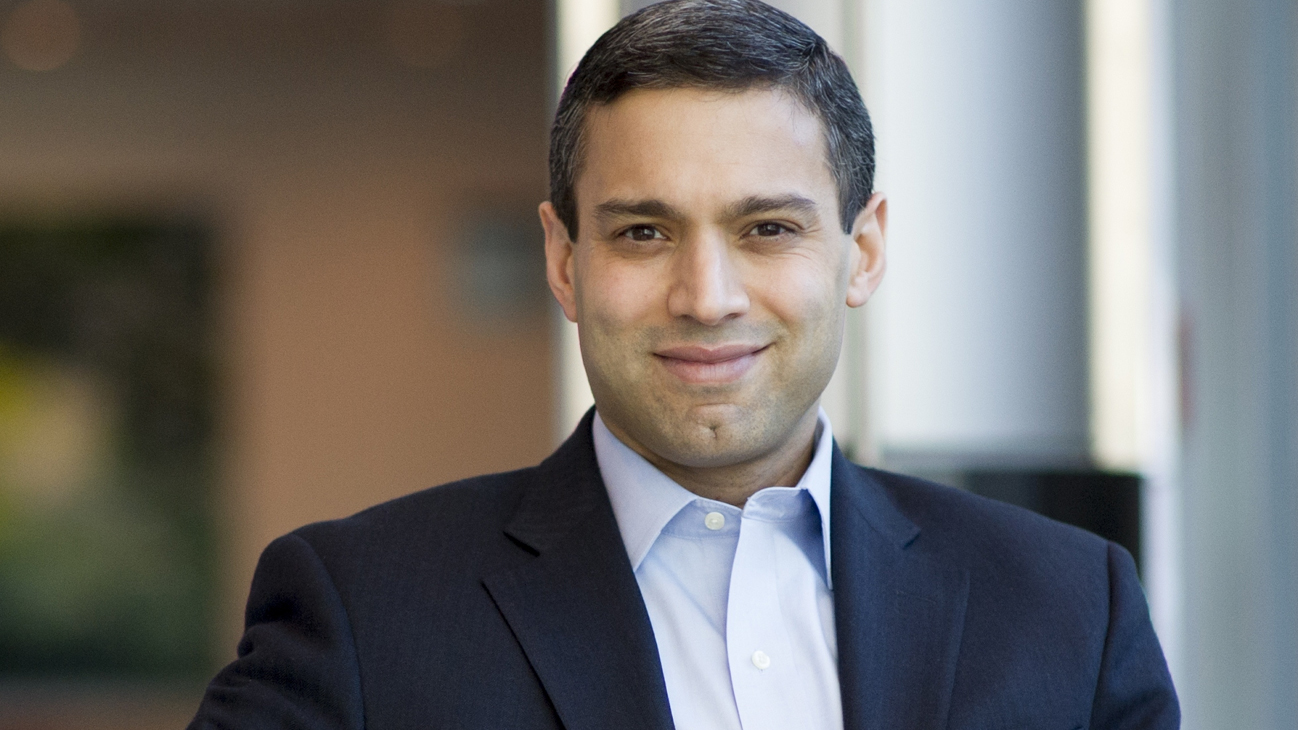As we work through these months where it feels like we need to update ourselves daily on news to do with our health, the economy, and even the basic rules of day-to-day interaction, information overload is a serious issue to consider. We already lived in a time when it’s easy to be fed “bad” or false info, to lose track of important details or to simply get mixed up. It’s a crucial time to check in on how we prepare ourselves to process all these facts and figures, and remember that it’s worth questioning things we see/read/hear.
With his new book, Think For Yourself: Restoring Common Sense in an Age of Experts and Artificial Intelligence, Harvard lecturer and bestselling author Vikram Mansharamani hopes to push people to consciously engage with the information they take in every day. He recently spoke with CBC Spark host (and fellow speaker) Nora Young about the book and his concerns for our critical thinking capacity. Here’s a brief excerpt of their chat:
Isn’t deep expertise a good thing? The last time I checked no one was asking me to perform open heart surgery, for example.
I have no problem with deep expertise, and in fact we do want to rely on experts. My argument really is not one that we should dismiss experts but more that we need to, as I say in the book, keep experts on tap, not on top. It’s really about harnessing the power of expertise without giving up control or management of that expertise. So I find it equally problematic to blindly defer to experts as I do to those who completely dismiss experts. So it’s not about dismissing or deferring to experts, it’s really about the nuance of staying in control and extracting the best value we can from experts.
As you point out, behavioural economics suggests that humans are far from these hyper-rational maximizers of benefits. We can be irrational. We can be not very good, for example, at weighing probability. So should we really be that ready to trust ourselves?
Sure. So I guess what I’m getting at is not only a trust factor, in terms of trusting ourselves, but more importantly just being mindful of that. The fact that you yourself, in this question, asked whether you should trust yourself indicates a mindfulness about whether you should or shouldn’t. That is far better and more appropriate than those who blindly, without thinking about it, go forth. That is my main point here, which is we need to think about how we think. We need to think about the inputs we put into our thinking process. We need to mindfully manage where we focus.
Read more and listen to the full interview between Vikram and Nora here.
Dr. Vikram Mansharamani is a global trend-watcher who shows people how to anticipate the future, manage risk, and spot opportunities. In his engrossing talks, Vikram steps back from complex market dynamics and uses a multiple-lens framework to look at disparate data to provide actionable insights and indispensable information.

